RESTLESS LEG SYNDROME
Restless Leg Syndrome (RLS) Diagnosis & Treatment at Mir Neurology
What is Restless Leg Syndrome (RLS)?
Restless Leg Syndrome (RLS), also known as Willis-Ekbom Disease, is a neurological disorder characterized by an uncontrollable urge to move the legs, often accompanied by uncomfortable sensations. This typically occurs when sitting or lying down and is most common in the evenings or at night. People with RLS often experience an overwhelming desire to move their legs to relieve discomfort, which can disrupt sleep and daily activities.
At Mir Neurology, we specialize in diagnosing and treating RLS, helping patients find relief from discomfort and improving their quality of life. If you are experiencing symptoms of RLS, our team is here to help.
Symptoms of Restless Leg Syndrome
The main symptoms of RLS are intense, uncomfortable sensations in the legs that are typically relieved by movement. These symptoms can vary in severity and may include:
1. Urge to Move the Legs:
A strong, irresistible urge to move the legs is often described as a crawling, tingling, or itching sensation. These sensations are typically worse when resting or sitting still and are relieved by moving or stretching the legs.
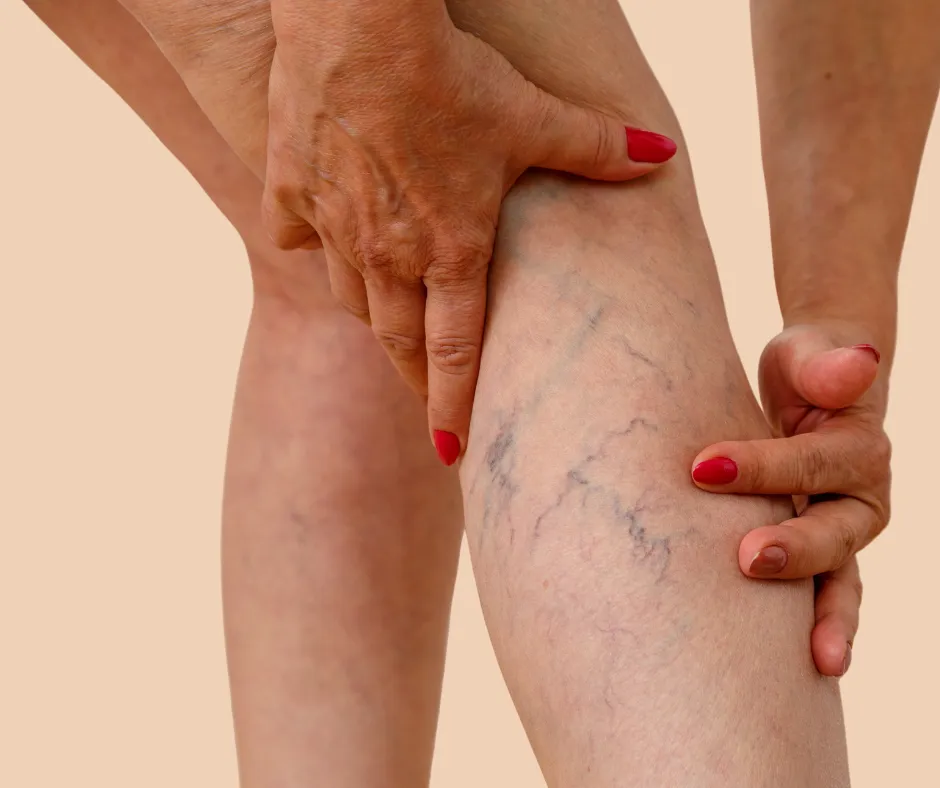

2. Uncomfortable Sensations:
Sensations may include crawling, itching, burning, or tingling in the legs.
Some people describe the sensation as something similar to the feeling of "pins and needles."
3. Symptoms Worse in the Evening or Night:
The symptoms of RLS typically worsen in the evening or night, particularly when lying down to sleep. This often leads to difficulties falling asleep or staying asleep, which can cause daytime fatigue and irritability.
4. Periodic Limb Movements During Sleep (PLMS):
Periodic Limb Movements During Sleep (PLMS) involve repeated, involuntary leg movements that occur during sleep. These movements disrupt normal sleep cycles and often lead to poor sleep quality and daytime fatigue. PLMS frequently occurs in people with Restless Leg Syndrome and worsens overall sleep disturbance.
5. Sleep Disruptions
The discomfort caused by RLS symptoms can lead to insomnia or poor-quality sleep.
As a result, individuals with RLS may experience daytime sleepiness, irritability, and difficulty concentrating.
If you experience any of these symptoms, especially in the evenings or at night, it's important to speak with a healthcare provider for proper evaluation and treatment.


Causes of Restless-Leg-Syndrome
While the exact cause of RLS is not always known, several factors have been associated with the condition:
1. Genetic Factors
RLS often runs in families, suggesting a genetic component. Many individuals with RLS have a family history of the disorder.
Genetic mutations in certain genes have been linked to a higher risk of developing RLS.
2. Iron Deficiency
Low levels of iron in the brain have been associated with RLS, as iron is crucial for dopamine function. Dopamine helps regulate movement, and low iron levels can impair its function.
3. Pregnancy
Pregnant women, particularly in the second and third trimesters, may experience RLS symptoms due to hormonal changes and iron deficiency.
4. Chronic Conditions
Several chronic conditions can increase the risk of developing RLS, including:
Chronic kidney disease
Peripheral neuropathy
Parkinson’s disease
Diabetes
Fibromyalgia
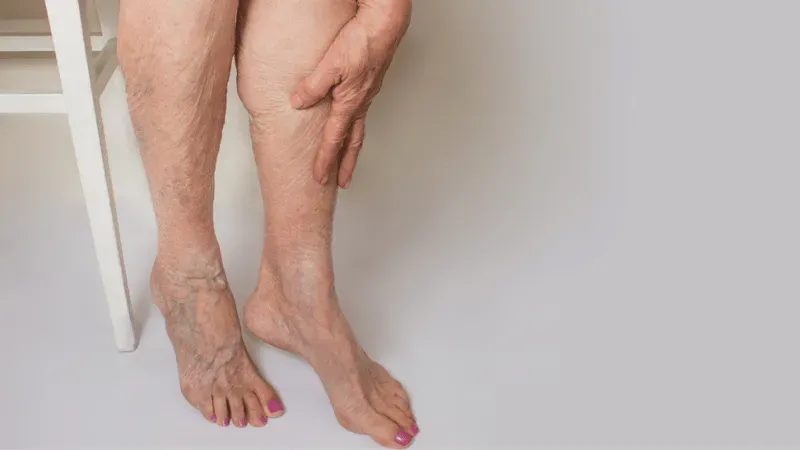
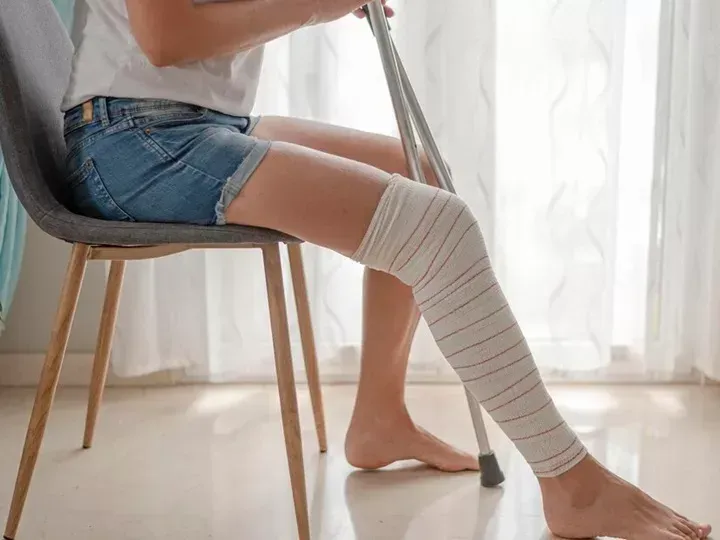
5. Medications
Certain medications, such as antihistamines, antidepressants, and antipsychotics, may worsen RLS symptoms or trigger the condition in susceptible individuals.
6. Sleep Disorders
RLS is often associated with other sleep disorders, such as sleep apnea or periodic limb movement disorder (PLMD).
7. Age
RLS symptoms tend to become more common as individuals age, though it can affect people of all ages, including children.
Diagnosis of Restless Leg Syndrome
At Mir Neurology, we offer comprehensive evaluations to diagnose RLS. The process typically involves the following:
1. Medical History & Symptom Review
Your doctor will conduct a thorough medical history and ask about your symptoms, including when they occur, how long they last, and what triggers them. Keeping a sleep diary can help track symptoms.
2. Physical and Neurological Exam
A physical and neurological exam will help rule out other conditions that may cause similar symptoms, such as peripheral neuropathy.


3. Blood Tests
Blood tests may be ordered to check for underlying conditions such as iron deficiency, kidney disease, or diabetes, all of which can contribute to RLS.
4. Sleep Study (Polysomnography)
If necessary, a sleep study may be conducted to rule out other sleep disorders, such as sleep apnea or periodic limb movement disorder, that could be contributing to RLS symptoms.
5. Clinical diagnosis
In some cases, your doctor may diagnose RLS based on your symptoms and the absence of other conditions. There is no single test for RLS, but your doctor will work with you to determine the most appropriate treatment.
Treatment for Restless Leg Syndrome
Treatment for parasomnias depends on the type of disorder and its severity. Options include:
1. Lifestyle Changes
Exercise – Regular physical activity can help reduce the severity of RLS symptoms.
Sleep Hygiene – Practicing good sleep habits, such as maintaining a consistent sleep schedule and creating a relaxing bedtime routine, can improve overall sleep quality.
Avoiding Triggers – Limiting caffeine, nicotine, and alcohol, especially in the evening, can reduce symptoms.

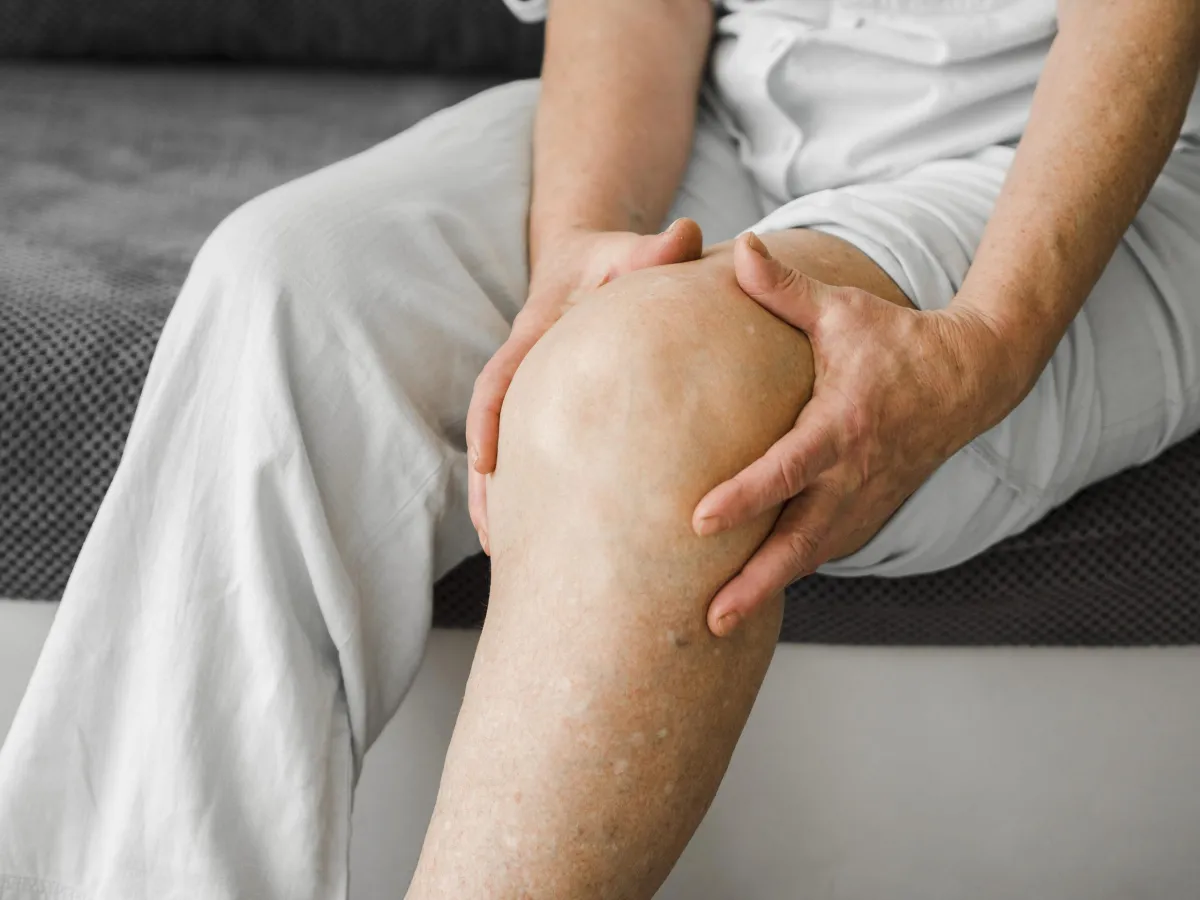
2. Medications
Medications are often prescribed to help manage RLS symptoms, including:
Dopamine Agonists – These medications, such as pramipexole or ropinirole, can help regulate dopamine levels in the brain, which are important for movement control.
Iron Supplements – If iron deficiency is identified, iron supplements may be recommended to help alleviate symptoms.
Gabapentin or Pregabalin – These medications can help manage nerve pain and reduce the uncomfortable sensations associated with RLS.
Benzodiazepines – These sedatives, such as clonazepam, may be prescribed to help improve sleep and reduce muscle jerking.
3. Compression Devices
Pneumatic compression devices that gently squeeze the legs can sometimes provide relief from RLS symptoms, particularly for people with poor circulation.
4. Relaxation Techniques
Techniques such as yoga, deep breathing exercises, or progressive muscle relaxation can help reduce the discomfort and improve overall relaxation.
5. Treating Underlying Conditions
If an underlying medical condition, such as peripheral neuropathy or kidney disease, is contributing to RLS, treating the condition may improve symptoms.

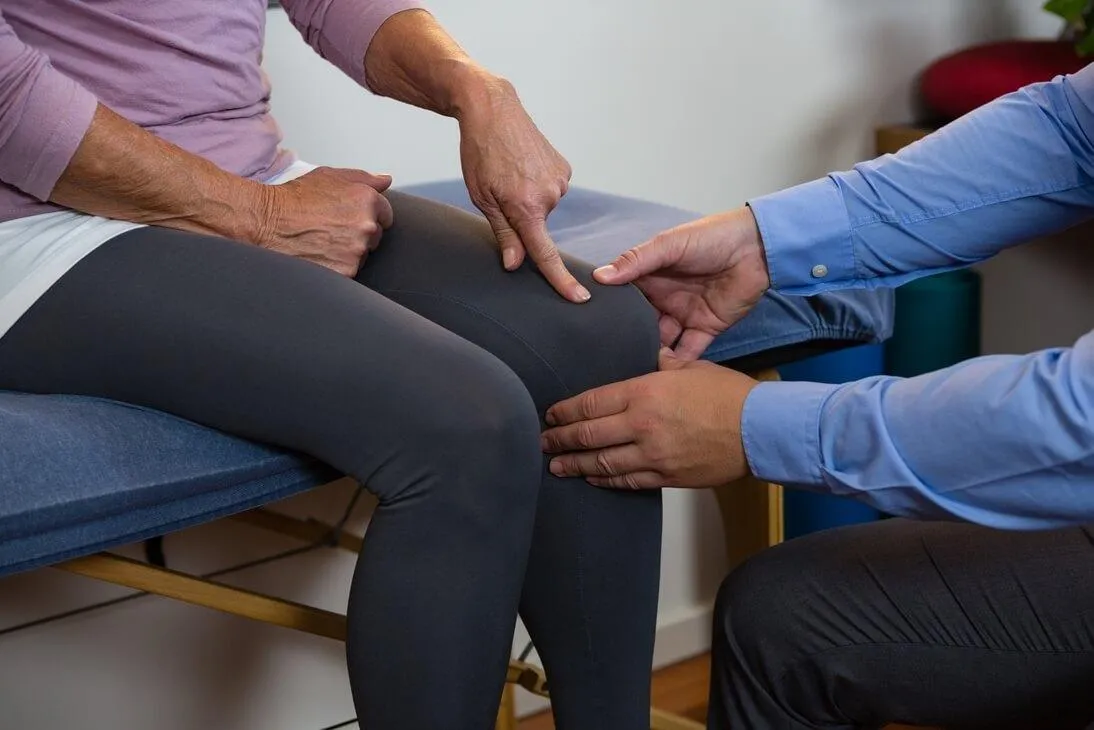
Living with Restless Leg Syndrome
While RLS can be a chronic condition, the right treatment approach helps reduce symptoms and improve sleep quality. Many patients find relief through a combination of restless leg syndrome medication, lifestyle changes, and supportive therapies guided by restless leg syndrome specialists.
Ongoing care plays a key role in symptom control and daily comfort. Regular follow-ups with restless leg syndrome doctors allow timely adjustments to the best treatment for restless legs syndrome based on symptom severity and sleep patterns.
At Mir Neurology, personalized care plans focus on long-term management, improved rest, and better daily function under the guidance of experienced restless legs syndrome specialists.
Get Expert Help

If you or a loved one is experiencing memory loss or cognitive decline, early diagnosis is key to effective management. Consult with our neurology specialists for personalized assessment and care plans.
Our Locations
To learn more about our experience or discuss your treatment options, please call us at (301) 797-7600 or schedule a consultation today!
Get our wellness newsletter
Filter out the noise and nurture your inbox with health and wellness advice that’s inclusive and rooted in medical expertise.
Contact Us
Complaint and Queries
(301) 517-7636
About | Careers
© Copyright 2026. Mir Neurology. All Rights Reserved.
A Part of Highland Healthy Living. Powered By CareSyncMarketing



